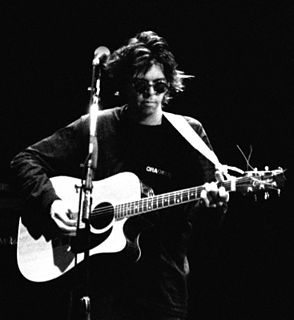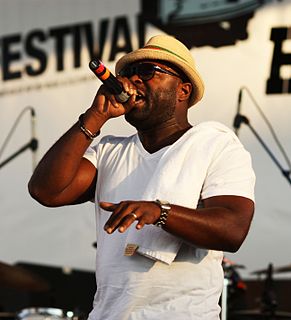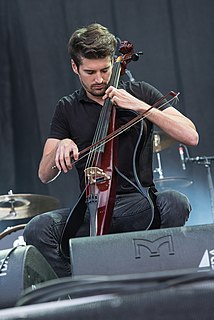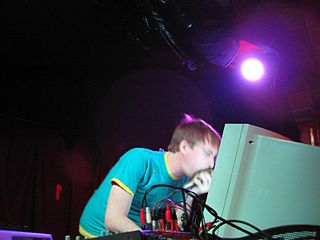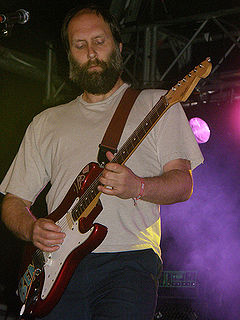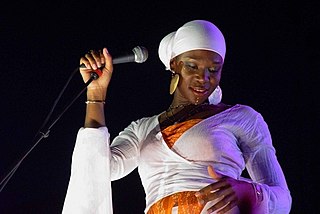A Quote by Mark Linkous
I hate the sound of my own voice. It's just up there, sort of naked and exposed. Live is hard, because on my records, I play almost everything on a lot of stuff. In a live situation, I can't control everything. I use two different microphones. One is just clean, traditional sound, and the other one is basically a cheap cassette-recorder microphone that goes through a distortion box to emulate my voice on the record. That helps some.
Quote Topics
Almost
Almost Everything
Basically
Because
Box
Cassette
Cheap
Clean
Control
Different
Distortion
Emulate
Everything
Exposed
Goes
Hard
Hate
Helps
I Hate
Just
Live
Lot
Microphone
Microphones
My Own
Naked
Other
Own
Play
Record
Recorder
Records
Situation
Some
Sort
Sound
Stuff
Through
Traditional
Two
Up
Use
Voice
Related Quotes
I've watched and learnt from DJs and remixers and paid way more attention to how I want my voice to sound. Before, as long as it was loud and in tune it was fine. I've discovered the difference made by various microphones and effects, so each track has a different vocal sound, my voice is woven into everything and it's above everything.
In the past, I've written my songs and then asked friends if they could record the vocals. I didn't want to use my own voice, because other people have much better voices. I was hearing the music with a voice that I don't have. It was a case of pulling whatever resources I had to get the sound I wanted, but that doesn't take anything away from the authorship. They are songs written by me that sound the way I want them to sound. Whether it's my voice or someone else's doesn't make a difference to the music.
I never want to go back and remix old records, either. If a record sounds shitty, that's just the sound it has. I just take it as part of the music. Some of my favorite bands - their old records sound terrible. But that's just part of the sound. If they were perfect, I'd probably hate them. Same thing with movies.
Basically, if you shoot your own stuff, you can just pick up a camera and some wireless microphones, grab a couple of LEDs, and you're off and running. And if you don't shoot your own stuff, you can just grab one other person to do camera and you can learn how to do the sound, and you're off and running.
Guy Picciotto had a really sound point: Live albums basically have bands playing songs that are available on studio records, and what example can you think of where the live album is better? What are the great live albums? I have live albums of bands, but I wouldn't listen to them for the most part. So we thought, instead of spending energy trying to puzzle out how to create a live record, let's just write another studio record.
Everybody has their own approach to songwriting. When you're an electronic musician, the whole writing process just depends. Some people have a very live way of writing electronic music, very improvisational. They set up a lot of gear and do live takes. I'm concerned with having a specific kind of sound. There's not one second that I haven't put thought into. I put almost as much time into my live shows as I do into writing music, but they're two completely different processes. Some people think the way I perform live is how I write songs, which isn't true at all.
A lot of overdubs from the last couple of records had to do with me being insecure about the way my voice sounds or the way I play guitar. I would want to mask it with extra things, or keep every moment super exciting. With the newest record, I tried my best to back off, and if something wasn't interesting at every moment, or if my voice didn't sound that good, just let it go and accept it.
I do experiment with lots of different genres. In making music, I don't think of genre like, "I want to do this, because I'm going use that country music sound; I'm going use that hip-hop sound; I'm going use that acoustic [sound]." It's just making music. So now that I've traveled a lot more since I did Acoustic Soul, I'm sure that different sounds will come into place, because I have been exposed to it and I like it. But it's not so much of a conscience effort. It's mind and spirited. You know, we're humans.
